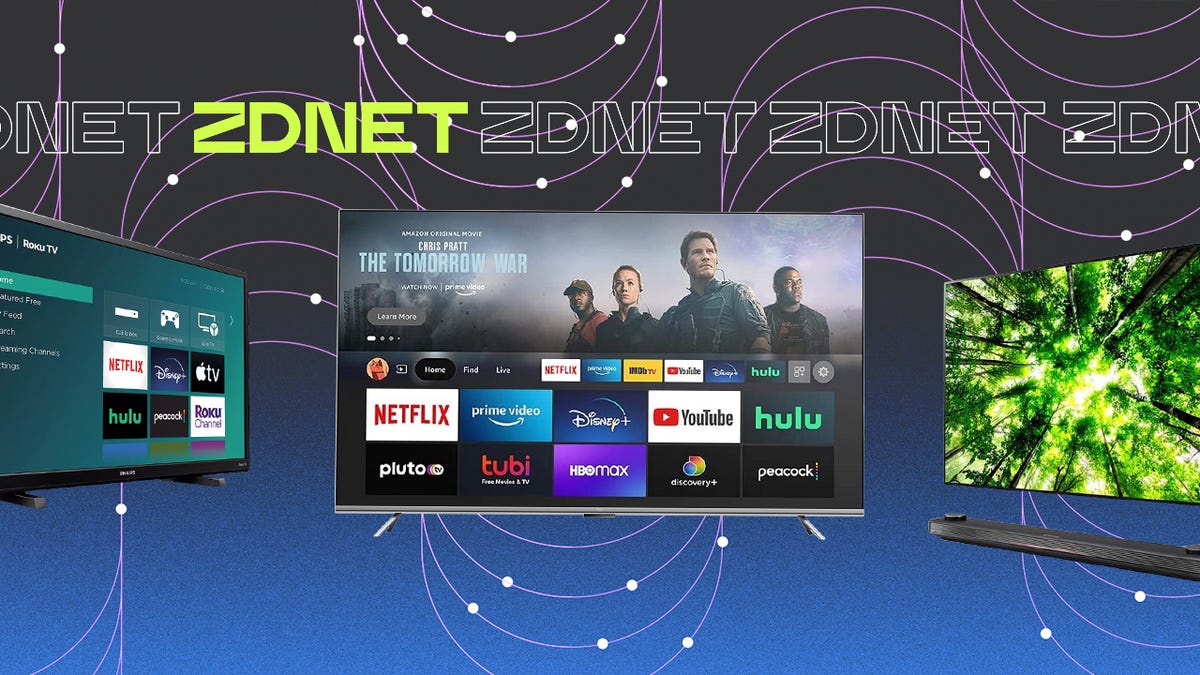BOOK THIS SPACE FOR AD
ARTICLE ADVenture capital giant Andreessen Horowitz's (a16z) newly launched "Can't Be Evil" licenses aim to help non-fungible token (NFT) creators and collectors finally skip the legal literacy required to plan what they hope to do with their newly created or acquired NFTs. Inspired by the licenses offered by Creative Commons, the new licensing terms by a16z are available for any project creators to freely use and provide an array of different approaches for NFT projects, ranging from limited personal use terms to broader licenses that let anyone use the artwork for any purpose.
This is not only intended to make the NFT project's copyright license more explicit but remove potential copyright vulnerabilities that can potentially lead to legal consequences.
2/ There's currently significant ambiguity and legal risk across the NFT ecosystem, a lack of standardization makes it difficult for NFT purchasers to know what rights they're getting and creating customized licenses is expensive. All of this acts as a drag on the industry.
— miles jennings (@milesjennings) August 31, 2022"Whereas currently many NFT holders have to trust creators and previous owners to make ‘not-evil' decisions regarding their NFTs, projects using ‘Can't Be Evil' licenses can make NFT ecosystems more trustless, providing holders with a minimum baseline of standard real-world rights, thereby harmonizing real-world ownership with on-chain ownership," the company's General Counsel, Miles Jennings and Chris Dixon, Founder, wrote in a blog post.
"By making the licenses easy (and free) to incorporate, we hope to democratize access to high-quality licenses and encourage standardization across the Web3 industry,” the authors wrote. “Greater adoption could lead to incredible benefits for creators, owners, and the NFT ecosystem as a whole."
While the idea of a massive VC firm guiding NFT licensing terms might not sit well with everyone in the room, it is worth noting that Andreessen Horowitz has tapped pseudonymous crypto influencer 'Punk6529' known for his valuable collection and insightful Twitter threads to help shape the licenses. It has also worked with law firms Latham & Watkins LLP and DLA Piper, as well as unspecified portfolio companies.
Copyright has been a topic of much discussion within the NFT space over the past few years, with quite a few instances of outcomes that have involved long, expensive lawsuits. NFT project founders like Yuga Labs and Larva Labs have been seen issuing cease-and-desist letters for derivative projects that bore a resemblance to their IP, including in June when Yuga filed suit against conceptual artist Ryder Ripps for founding a project too similar to its Bored Ape Yacht Club.
Cryptocurrency is an unregulated digital currency, not a legal tender and subject to market risks. The information provided in the article is not intended to be and does not constitute financial advice, trading advice or any other advice or recommendation of any sort offered or endorsed by NDTV. NDTV shall not be responsible for any loss arising from any investment based on any perceived recommendation, forecast or any other information contained in the article.
.png)
 2 years ago
126
2 years ago
126 














 Bengali (Bangladesh) ·
Bengali (Bangladesh) ·  English (United States) ·
English (United States) ·